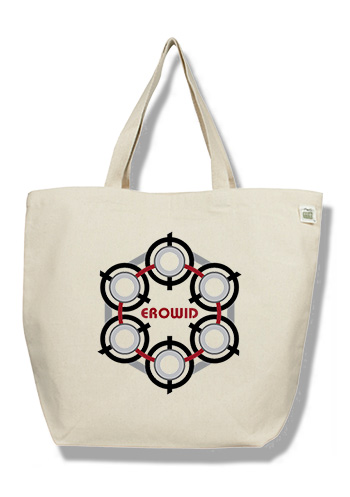Quotations
On the Topic of Families & Psychoactives
PETER LEWIS - FORMER CEO OF PROGRESSIVE, AN INSURANCE COMPANY
[Time Magazine, Nov 4, 2002, in cover article: "The New Politics of Pot"]
TOM HAYDEN - CALIFORNIA STATE SENATOR AND FATHER OF TWO CHILDREN
[Time Magazine, Dec 9, 1996, when asked "What do you tell children about smoking marijuana?"]
RICHARD EVANS - BOARD MEMBER OF NORML
[Time Magazine, Dec 9, 1996, when asked "What do you tell children about smoking marijuana?"]
STEPHEN GASKIN - CO-FOUNDER OF THE FARM
[Excerpted from Gaskin's book, Cannabis Spirituality, Nov 1996]
JOHN WATERS - FILMMAKER
[Time Magazine, Nov 4, 2002, in cover article: "The New Politics of Pot"]
- "The absurdity of its illegality has been clear to me for some time. I learned about pot from my kids and realized it was a lot better than Scotch, and I loved the Scotch. Then I went to my doctor, and he said, 'I'm thrilled. You're drinking too much. You're much better off doing pot than drinking.'"
TOM HAYDEN - CALIFORNIA STATE SENATOR AND FATHER OF TWO CHILDREN
[Time Magazine, Dec 9, 1996, when asked "What do you tell children about smoking marijuana?"]
-
I didn't smoke much dope in the '60s. Pot sent me into giggling fits, and I feared the loss of control. My addiction was alcohol, which was approved by the same Establishment that was bent on criminalizing marijuana. My kids saw that, and they developed an acute sensitivity to hypocrisy. It took me many years to stop drinking and live without such addictions. When I did, that was a better lesson than any words I could have preached to them. But this experience hardly makes me a neo-Puritan supporter of the continuing war against marijuana users. It's despicable to criminalize and imprison thousands for marijuana possession, while the liquor and tobacco lobbies are destroying so many lives with advertising and campaign contributions. I told my kids that marijuana in moderation for medicinal, ceremonial and recreational use is defensible, especially in comparison with alcohol and tobacco. I also warned them that marijuana has never improved anyone's ability to do homework or hit a curve ball. It infuriates me that my kids, like millions of their generation, are defined as criminals by a President who smoked but did not inhale.
RICHARD EVANS - BOARD MEMBER OF NORML
[Time Magazine, Dec 9, 1996, when asked "What do you tell children about smoking marijuana?"]
-
My son Jonathan is a bright, sociable and curious 13-year-old. Here's what I have told him about drugs:
- Don't do drugs. Kids don't drive cars, they don't sign contracts, and they don't do drugs.
- Now that that's clear, be aware that obeying Rule No. I is impossible because "drugs" are everywhere. Even chocolate and soft drinks contain caffeine.
- You will someday be invited to smoke marijuana. I want you to decline. However, if you try it, I want you to remember that the harm of any drug is only partly due to the drug itself. More important are the physical, social and psychological circumstances.
- In the case of marijuana, the greatest harm comes from being arrested.
- Don't believe much of what they tell you in school about drugs. For example, don't buy into the notion that drug "abuse" is the same as drug "use." Remember, one means harm, and the other doesn't. Know also that a lot of people use drugs-both legal and illegal-without any apparent harm to themselves or anyone else.
STEPHEN GASKIN - CO-FOUNDER OF THE FARM
[Excerpted from Gaskin's book, Cannabis Spirituality, Nov 1996]
-
It is very important for children to achieve a work ethic before starting a relationship with grass. It seems to me that grass is a lovely icing on the cake of life but that it is not to be substituted for the cake... kids don't need any extraneous things standing between them and learning their life tools. It's such a heavy emotional time for them, with their hormones coming in. It's hard for them to be more amplified than they already are... However, there's a ceremonial place when they are old enough, when a teenager takes up as much space as a grownup, eats as much food as a grownup and works as much as a grownup.
JOHN WATERS - FILMMAKER
-
"Family" this and "family" that. If I had a family I'd be furious that moral busybodies are taking the perfectly good word family and using it as a code for censorship the same way "states' rights" was used to discuss racism in the mid-sixties.


